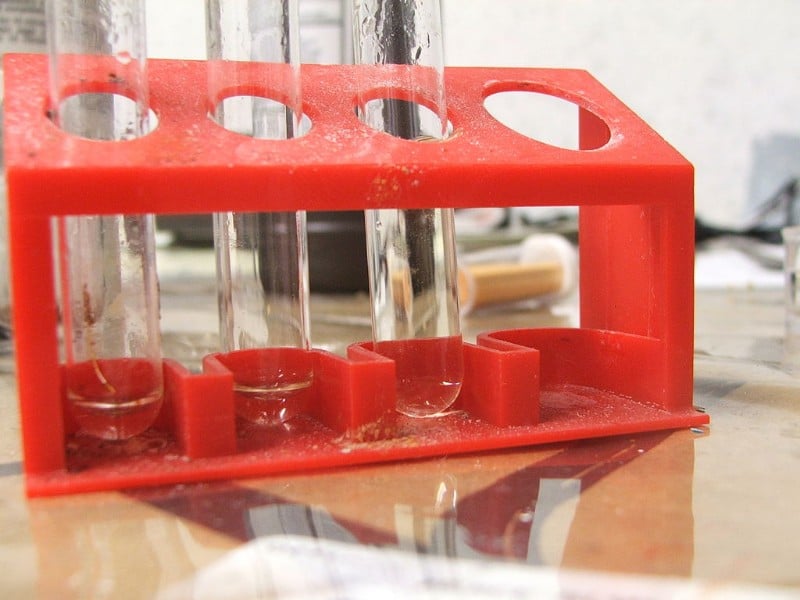The French company Afyren has received up to €60M to commercialize a technology that uses bacteria to produce industrial chemicals from recycled plant waste instead of fossil fuels.
Afyren takes sugars from the waste byproducts of agriculture, food, and other industries, and ferments the sugars into industrial chemicals using bacteria. With this new funding, the company plans to be the first to bring this technology to a commercial stage, including building its first manufacturing plant. Afyren will announce more details on its plans, including a new subsidiary, over the coming weeks.
“We have been working on fermentation for the past 10 years,” Nicolas Sordet, Afyren’s CEO, told me. “Today, we have a great level of experience and confidence, high enough to be able to move toward the industrial scale.”
The chemicals Afyren produces include acetic acid and butyric acid. Many of the chemicals produced by Afyren are useful in the food, agricultural and chemical industries — the same industries from which the company sources its waste sugars.

“We have decided to take a different approach compared with the usual standard of the industry, with no genetically-modified microorganisms and a zero waste process,” Sordet said. The company aims to be the first to provide commercialized and affordable industrial chemicals made from organic waste.
The advantage of producing chemicals from recycled plant waste instead of fossil fuels is that it reduces the carbon footprint of the industries using these products. Unlike many other biological processes to produce chemicals, which rely on crops, Afyren’s technology doesn’t compete with food crops for arable land.
Founded in 2012, the company opened its first pilot plant in 2017 to deliver test batches to its first customers.
Technology for recycling waste into more useful chemicals is gaining traction across Europe. The Swiss company Clariant is using fermentation technology to recycle plant waste into biofuel in collaboration with Exxon-Mobil. This tech could also be used for synthetic waste such as plastics too: the French company Carbios uses enzymes to break down plastic waste into its building blocks, and recycles it into new plastics.
Images from Shutterstock and Chemicalinterest/Wikimedia Commons





